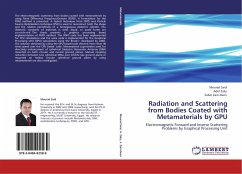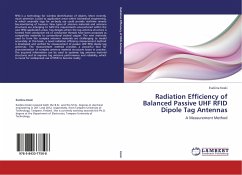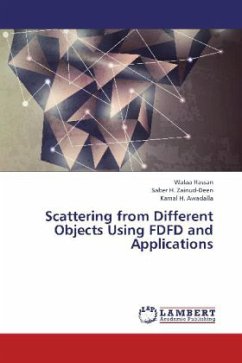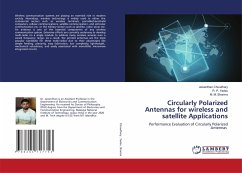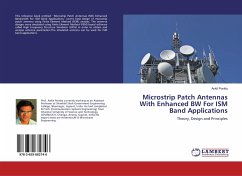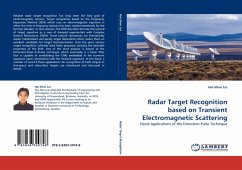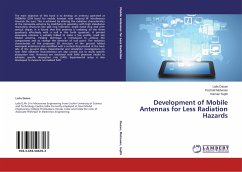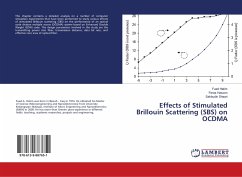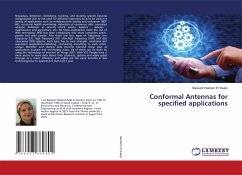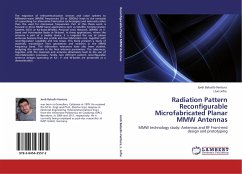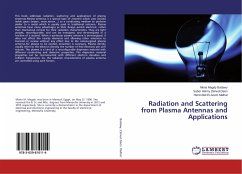
Radiation and Scattering from Plasma Antennas and Applications
Versandkostenfrei!
Versandfertig in 6-10 Tagen
41,99 €
inkl. MwSt.

PAYBACK Punkte
21 °P sammeln!
This book addresses radiation, scattering and applications of plasma antennas.Plasma antenna is a special type of antenna which uses ionized noble gases (argon, neon,xenon...) as a conducting medium to perform similar to a metal which is usually used in traditional antenna. Plasma antennas have many advantages as their design permit electrical, rather than mechanical control for their radiation characteristics. They are light weight, reconfigurable, and can be energized, and de-energized in a fraction of a second. When a particular plasma antenna is de-energized, it does not affect the nearby ...
This book addresses radiation, scattering and applications of plasma antennas.Plasma antenna is a special type of antenna which uses ionized noble gases (argon, neon,xenon...) as a conducting medium to perform similar to a metal which is usually used in traditional antenna. Plasma antennas have many advantages as their design permit electrical, rather than mechanical control for their radiation characteristics. They are light weight, reconfigurable, and can be energized, and de-energized in a fraction of a second. When a particular plasma antenna is de-energized, it does not affect the nearby elements and allowing other antennas to transmit or receive without any effect due to the notenergized plasma antenna.For plasma to be excited, ionization is necessary. Plasma density usually refers to the electron density, the number of free electrons per unit volume. The plasma is a kind of a reconfigurable dispersion material with different conducting and dielectric properties. The dispersion material properties can be reconstructed with different electron densities and collision frequencies. So, the radiation characteristics of plasma antenna are controlled using such factors.



